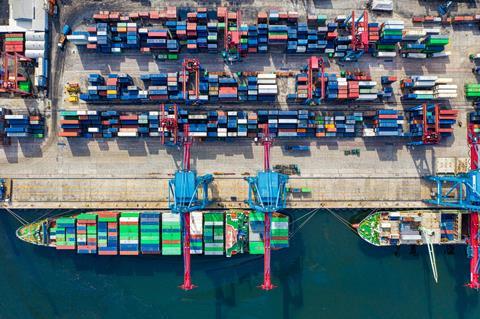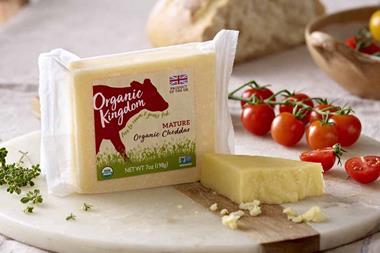
British food and drink exports to non-EU countries surged in the first half of 2019, marking a positive step ahead of Brexit, according to a report from the Food & Drink Federation.
The growth was largely driven by the global markets exporters will look to target following Brexit. Exports to the world’s three largest national economies – the US, China and Japan – all experienced double-digit growth on the same period last year.
Non-EU countries bought £4.4bn of British food and drink goods, up £400m on the same period last year. The rate of export growth is four times that seen in the EU, where the value of UK food sales grew £100m to £6.9bn.
Exports outside the EU now account for 39% of all British products sold abroad – a return to the same levels seen before the 2016 EU referendum.
The report highlighted opportunities for British exporters, with the UAE listed as “one of the top three untapped markets” due to its sizeable middle class and growing penchant for western products.
“The UK has significant untapped potential in non-EU markets … we have encouraged businesses to look beyond the EU to tackle some of the more difficult ones like the US, India, China, Japan and the Gulf region,” said Dominic Goudie, head of international trade at FDF.
“The numbers we’re now seeing are a reflection of the efforts of businesses with significant investment.”
Goudie believes Brexit’s impact on the pound has also aided exporters. “With a friendlier exchange rate, overseas buyers have taken a chance on British products and found customers really like those products and are committed to buying them.”
In a Q3 update released on Tuesday, FDF analysis revealed exports to China grew £64.6m on the same period last year, the largest value increase in two decades.
Ireland remains the UK’s largest trading partner, though exports fell 2% in the first half of 2019, driven by declining demand for cereals, flours and meat. Other European markets, including France, Ireland and Germany, all saw strong growth.
Whisky remained the UK’s most valuable export and grew past £2bn in value. However, this is likely to see a drop-off following Donald Trump’s punitive 25% tariffs, introduced in October.
Other premium products including salmon, wine and cheese also saw considerable growth in value and remain some of the UK’s most valuable exports.



















No comments yet